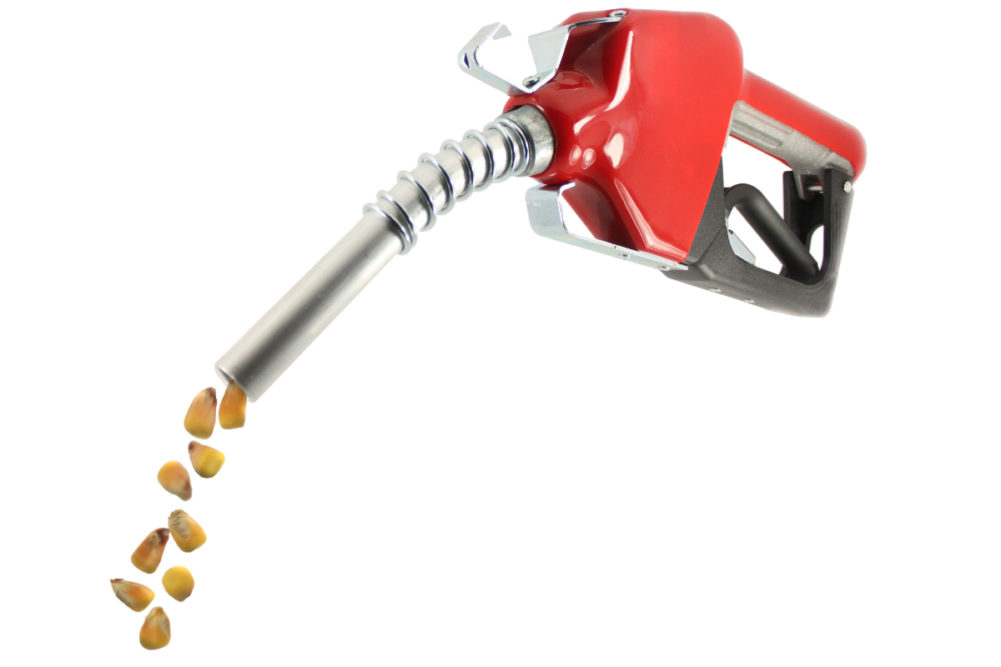SACRAMENTO, CALIF. — Seaboard Energy California, LLC has signed an agreement to acquire a fuel ethanol production facility in Madera, California, US, from Alto Ingredients, Inc.
The $28.3 million transaction is comprised of $19.5 million in cash and $8.8 million in assumption of liabilities. Alto said it plans to use proceeds from the transaction to retire company debt.
The sale of the 40 million gallon per year facility is expected to close in the second quarter of 2021, subject to customary closing conditions.
“We further optimized our production footprint with the sale of our Madera facility, which will reduce the carrying cost associated with our idled plants,” said Michael Kandris, president and chief executive officer of Alto Ingredients. “We are in discussions to sell our other idled California facility in Stockton and will announce those terms once an agreement has been reached.”
Formerly known as Pacific Ethanol, Inc., Alto Ingredients is a producer of specialty alcohols and essential ingredients. The company is focused on products for four key markets: health, home and beauty; food and beverage; essential ingredients; and renewable fuels. The company’s customers include major food and beverage companies and consumer products companies.
Seaboard Energy California is part of Seaboard Energy, a division of Seaboard Foods and a wholly owned subsidiary of Seaboard Corp. Seaboard Energy also this week announced it is building a renewable diesel plant in Hugoton, Kansas, US. The facility is being built at the former Abengoa ethanol plant site that was purchased in February 2019. Since that time, Seaboard Energy has recommissioned portions of the idle assets while simultaneously building the greenfield renewable diesel production facilities.
Seaboard Energy said it is developing a greenfield fat and oil pre-treatment plant, hydrogen plant and renewable diesel plant on the 800-acre site in Kansas. The site also is being used to blend and ship biodiesel from Seaboard Energy’s other biodiesel plants located in Guymon, Oklahoma, US, and St. Joseph, Missouri, US.
Once construction is complete, the plant will have the capacity to produce 85 million gallons of renewable diesel annually along with the 8.5 million gallons of renewable naphtha. The renewable fuels will be primarily derived from local animal fats and vegetable oils.




